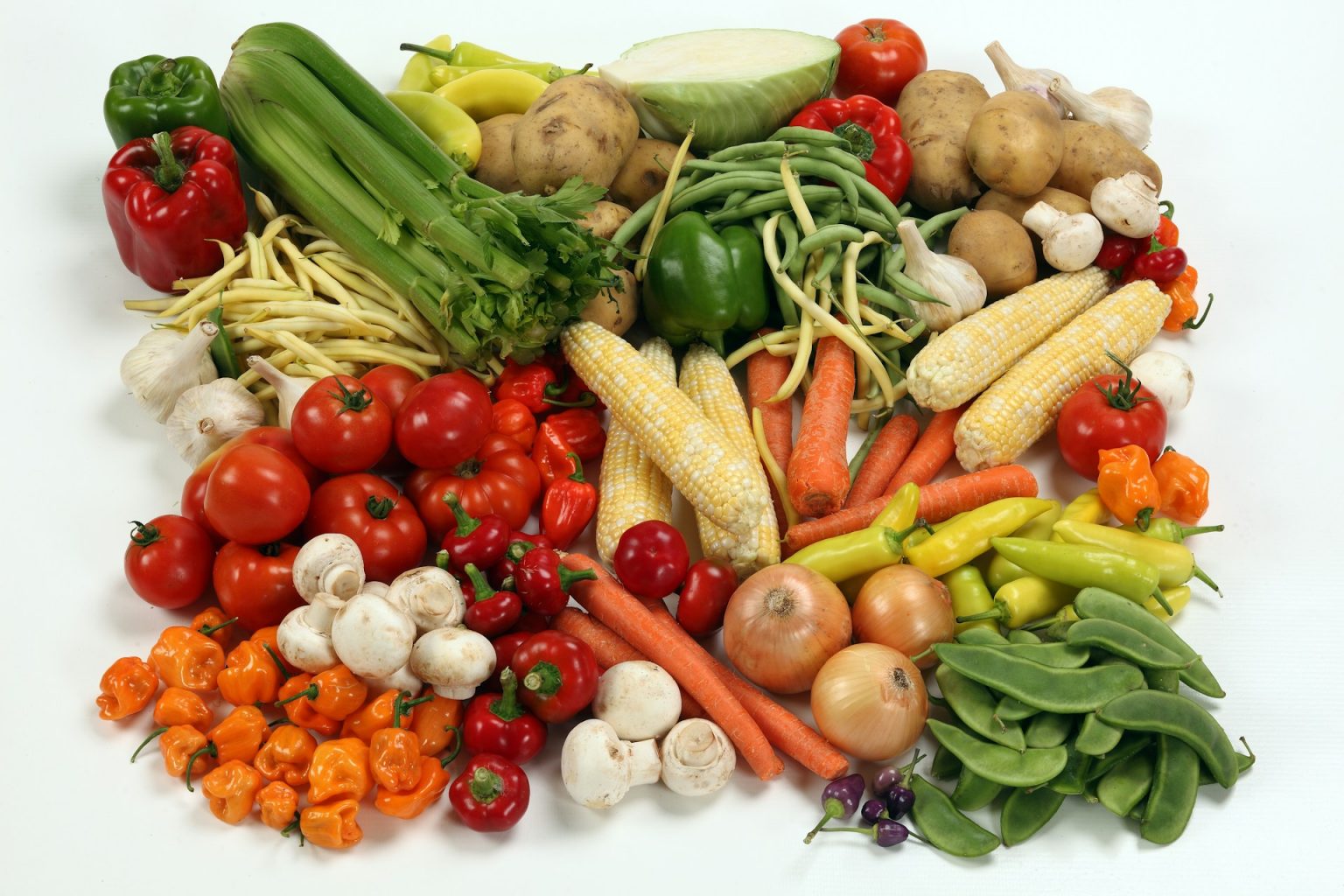Veganism is not just a diet; it’s a lifestyle choice that’s gaining momentum globally. As more people choose plant-based diets, the impact on food markets is significant, leading to a surge in demand for vegan products. This blog explores how the rise of veganism is reshaping food markets, with a special focus on how brands are responding to this trend.
The Rise of Vegan Products
In recent years, veganism has moved from a niche lifestyle to a mainstream choice. This shift is largely due to growing concerns about health, the environment, and animal welfare. As a result, food markets are adapting quickly. Supermarkets and restaurants are expanding their vegan options to cater to this growing demographic.
Brands like Beyond Meat and Impossible Foods are at the forefront of this change. These companies produce plant-based meat alternatives that taste like meat but are made entirely from plants. Their products are now commonly found in grocery stores and are also being served in mainstream restaurants and fast food chains.
Environmental and Health Benefits
One of the main reasons for the rise in veganism is the environmental benefit. Plant-based diets are associated with lower carbon emissions compared to diets that include meat. Brands like Oatly, which produces oat milk, emphasize the sustainability of their products. Their message resonates with consumers who are concerned about climate change.
Health is another significant factor. Many people are turning to vegan diets to improve their health. Studies have shown that plant-based diets can reduce the risk of chronic diseases such as heart disease, diabetes, and certain cancers. Food producers are responding by creating products that are not only vegan but also fortified with essential nutrients, making it easier for people to meet their health needs through plant-based foods.
Economic Impact
The economic impact of the rise in veganism is also noteworthy. The global vegan food market size was valued at several billion dollars and is expected to grow substantially in the coming years. This growth is driving innovation in food technology and creating new business opportunities.
Companies like Alpro, known for their soy-based yogurts and milk, have expanded their product lines to include a variety of plant-based alternatives to meet consumer demand. This expansion is not just in niche markets but also in mainstream outlets, signaling a significant shift in consumer buying patterns.
Challenges and Opportunities
Despite the growth, there are challenges. One major challenge is the need for more variety and better taste in vegan products. Consumers are looking for options that don’t just mimic meat but also offer unique and appealing flavors.
The opportunity for food markets lies in innovation. There is a growing demand for new ingredients and products that cater to vegan diets. Food scientists and chefs are experimenting with different plant-based ingredients to improve the taste and nutritional content of vegan products. This ongoing innovation is likely to keep the market vibrant and growing.
Conclusion
Veganism is more than a temporary trend; it’s a sustainable shift in eating habits that is reshaping food markets around the world. As more consumers opt for plant-based diets, the food industry is evolving to meet these demands with innovative products and sustainable practices. This not only benefits the environment but also offers new opportunities for businesses willing to invest in the future of food. Whether you’re a consumer or a business, the rise of veganism is a movement worth watching.

